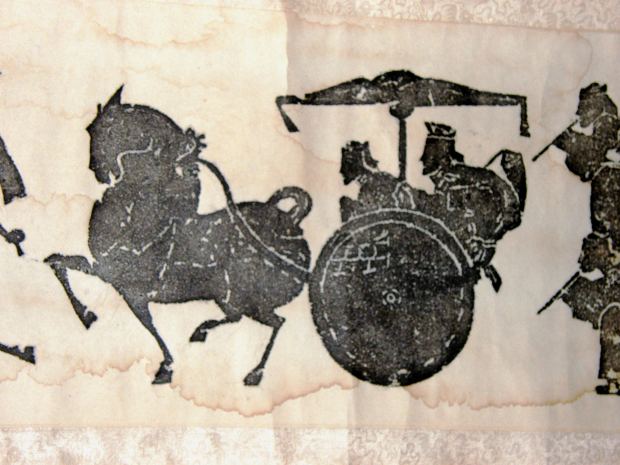

The Charioteer takes its title from the theme of Plato's Phaedrus, and describes the relationship between Greek friends-changed here only by modern opinion-which Mary Renault was later to write about so superbly in her bestselling novel The Last of the Wine.

Laurie's decision, so complex yet so simple, is the culmination of a beautifully conceived tale, renewed here by masterful telling, but age-old in its truth. Here is the story of Laurie Odell, a wounded survivor of Dunkirk, who, made slowly aware of his own nature, must come to grips with it and make a choice between awakening it in a yet unaware and idealistic young Quaker hospital attendant, or openly entering into a relationship, whose social traps are suddenly apparent, with a seasoned navy officer alert to complications of the homosexual world. Today, set against the plethora of books about homosexuality, this novel still demands to be read it is a work of immeasurable compassion, humanity, and breadth, a love story of timeless interest and value. Set in England in the midst of World War II, with characters straight out of English boarding schools and dialogue full of the vernacular of the day, The Charioteer might now be considered only as a model of the liberated wartime fiction which suddenly began to bring out into the open a way of life hitherto ignored or unmentioned in respectable, even popular writing.


 0 kommentar(er)
0 kommentar(er)
